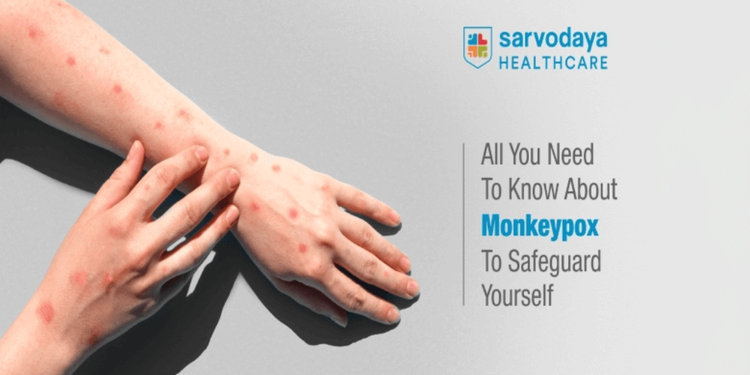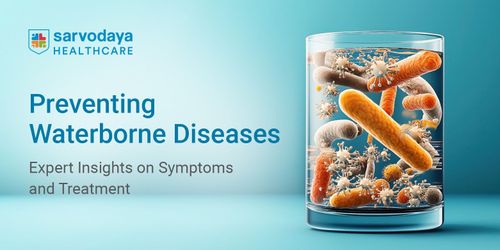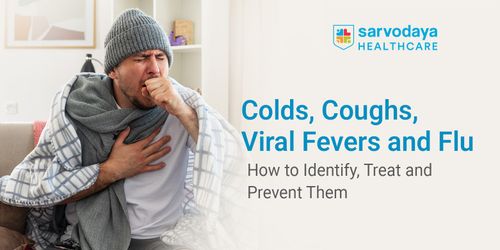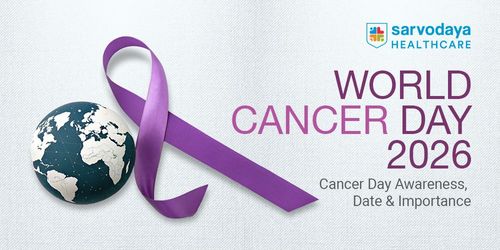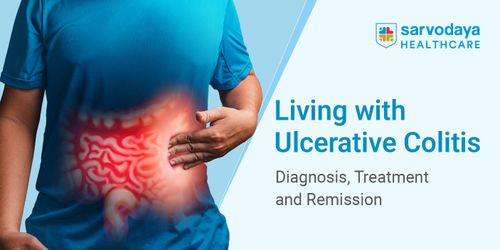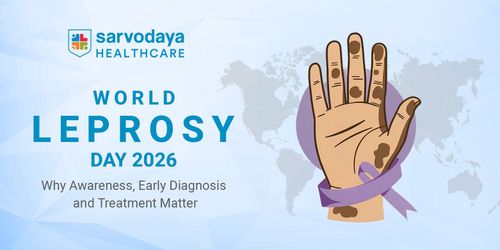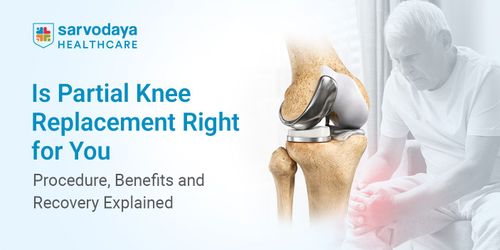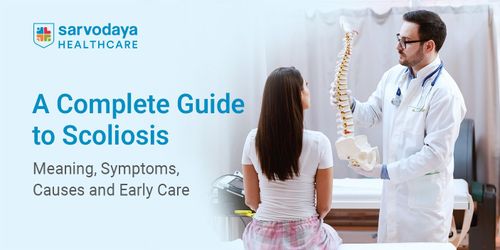Monkeypox is spreading more quickly than ever before in a globe that has been worn down by the coronavirus pandemic for more than two years. Although it is a different virus than the one that causes COVID-19 and is much more difficult to spread, it may still put people in critical conditions and may even cause death.
With 7,492 cases in 61 countries being reported so far, global efforts are now being made to stop the spread of cases of monkeypox. Public health experts are providing immunization to people at risk in some countries. Here is an advisory from our Infectious Diseases Specialist at Sarvodaya Hospital, Faridabad.
What Is Monkeypox?
In terms of severity, monkeypox is less severe than smallpox which caused a horrific pandemic. The first case of the virus was discovered in monkeys in 1958. However, the human case was first reported in 1970.
An Important Thing To Know Is There Are Two Variants Of The Virus:
- The Congo strain has up to a 10% mortality rate
- The West African strain with a 1% fatality rate.
What Are The Symptoms Of Monkeypox?
Generally, the symptoms of monkeypox are mild and less severe. Many people recovered fully without any life-long after-effects. But the risk is much higher in children and adults with weak immunity. The symptoms for which one must watch out are:
Signs occur in 0-5days of Monkeypox:
- Fever
- HeadachesExhaustion
- Shivers or sweat
- Backache
- Lumps that are swollen and uncomfortable might develop in the areas around the ears, underarms, head, neck, groin, or lower limbs.
These Can Occur On Either Side Of The Body.
- Throat ache
- Cough
Rashes Occurrence:
Rashes on the face and other body parts start to occur 1–3 days after a fever and continue for 2–4 weeks. Initially skins redden and then develops into bumps. These are painful deep lesions with a distinct contour and a depression that resembles the navel in the middle. They cause less irritation and discomfort as the healing process gets going.
Some Other Symptoms That Might Also Occur Are:
- Distorted vision
- Breathing problems
- Chest pain
- Decreased output of urine
- Poor dietary habits
- Altered state of awareness
- Seizures
- Lethargy
What Is The Available Treatment?
There is no effective treatment yet found, however, there is some precautionary advisory present that is not much different from the ones we followed during the pandemic.
1. People Must Isolate Themselves
A person who doubts monkeypox must isolate themselves at the earliest. They must wear a triple-layer mask and cover their body to minimize contact.
2. For Skin Lesions
If your lesion is serious, your doctor may clean it with antiseptic and cover it with a light dressing. Avoid touching or scraping those lesions. Antibiotics could be advised if your doctor thinks you have an infection.
3. Oral Sores
Warm saline gargles and topical anti-inflammatory medications may be recommended by your doctor for a quick recovery.
4. Conjunctivitis
In most cases, conjunctivitis and reddening of the eyes resolve on their own, but if you experience visual issues or the symptoms last for a long time, you should see a doctor.
5. Nutrition And Dehydration
Dehydration can happen when a person is unable to eat because of a general sense of being unwell, a fever, a headache, or other symptoms. Your physician could advise using Oral Rehydration Solution and consuming more fluids. In addition, attempt to eat wholesome foods to promote a speedy recovery.
Other things to take care of are:
- If you have a fever a lukewarm sponge bath along with prescribes medicines is recommended. This will help you in lowering your body's temperature.
- For skin irritation: To treat skin itching and redness, your doctor may recommend topical lotions and antihistamines.
- Vomiting and nausea: Your doctor may advise antiemetic medications to stop the vomiting.
- Take the prescribed pain relief medicine to relieve headaches or body aches.
Prevention Is Better Than Cure:
A person, animal, or even a piece of equipment can spread the infection. By observing the following advice, you can stop the spread.
- Avoid coming into close touch with bodily fluids like skin lesions or respiratory secretions.
- Avoid touching ill or dead animals while in places where monkeypox has been spread.
- The diseased individual must be kept isolated.
- Wash your hands often with soap and water.
Prevention is better than cure, the world is still fighting with the repercussion of one pandemic. We can still prevent another by just being vigilant of the symptoms. Beware of the symptoms and if you have a doubt get in touch with experts immediately.


